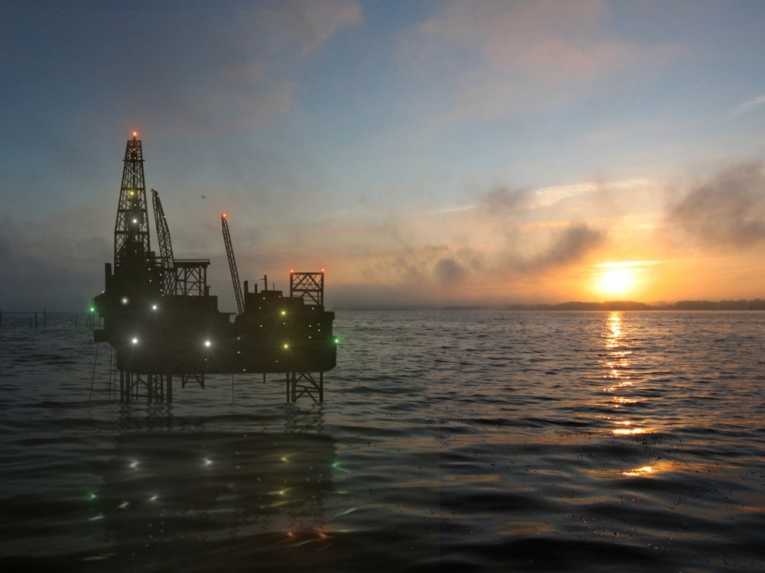Leading conservation groups have attacked the UK government for failing to deliver on its green pledges.
Commitments to protecting wildlife and ecology were made by ministers who promised to make this the greenest government ever. Yet 29 leading nature groups say of the 16 key pledges made, the government have honoured just two; opposing commercial whaling and moving to ban sales of ivory.
Key failures of the administration have been cited including a cull on badges to curb bovine TB and the thwarted attempt to sell of British forests.
The report, published by the Wildlife and Countryside Link has used a traffic light system to identify progress on pledges. Those where the government has failed are given a red light. An amber light is given to pledges enforced with rhetoric but not backed up by policy announcements.
The RSPB is one of the 29 organisations in the group. Their conservation director, Martin Harper, says, "These are 16 policy areas where the government has promised tough action, but that is not what we are seeing.
"In these financially straitened times politicians may be tempted to ignore the natural environment in favour of economic growth - but this kind of short-termist attitude won't wash with a British public which expects the government to protect the countryside and wildlife we all hold dear."
"Irreparable damage" will be done to the environment, campaigners claim, after BP got the go ahead to develop new oil fields in the North Sea.
The £4bn plan off the Shetland coast is designed to boost oil reserves in the North Sea, as other sites dry up.
Greenpeace says the plan for the Clair Ridge field that opens up a new "Atlantic frontier" will increase CO2 emissions.
Prime Minister David Cameron says the project will boost the local economy and create jobs. It could also prompt BP to revisit plans to drill a 1300 metre well in the North Ulist field, around 80 miles of Shetland's north west coast.
Ice floes in the Arctic Ocean are at their thinnest ever because of seasonal melting, scientists have discovered.
The floating chunks of ice have, in past decades, consisted of several years worth of layers, producing thicker floes. This year, however, scientists at the Alfred Wegener Institute for Polar and Marine Research in Germany found the majority of ice floes in the region are just a year old and around 90 cm thick.
The ice in the Arctic Ocean melts each summer. This year it reached its second lowest level on record with an average ice extent in September of 1.78 million squares, a reduction in around 938,000 over the past decade.
Researchers believe the record meltdown of ice floes is caused by global warming.
The cargo ship that spewed oil onto the New Zealand coast after hitting a reef had been detained over safety concerns in July, according to reports in Sydney.
The MV Rena was detained in Fremantle by the Australian Maritime Safety Authority for safety and cargo breaches. Regulations gave its owners three months to fix the problems. When the ship was checked again in Sydney in September, its safety management system was not reviewed as the three months had not run out.
Salvage crews off the coastline are debating whether to pump the remaining oil from the stricken cargo ship, which has already leaked hundreds of tonnes into the sea. It holds 1700 tonnes of oil, which environmentalist warn would mean disaster if it were to continue to leak.










